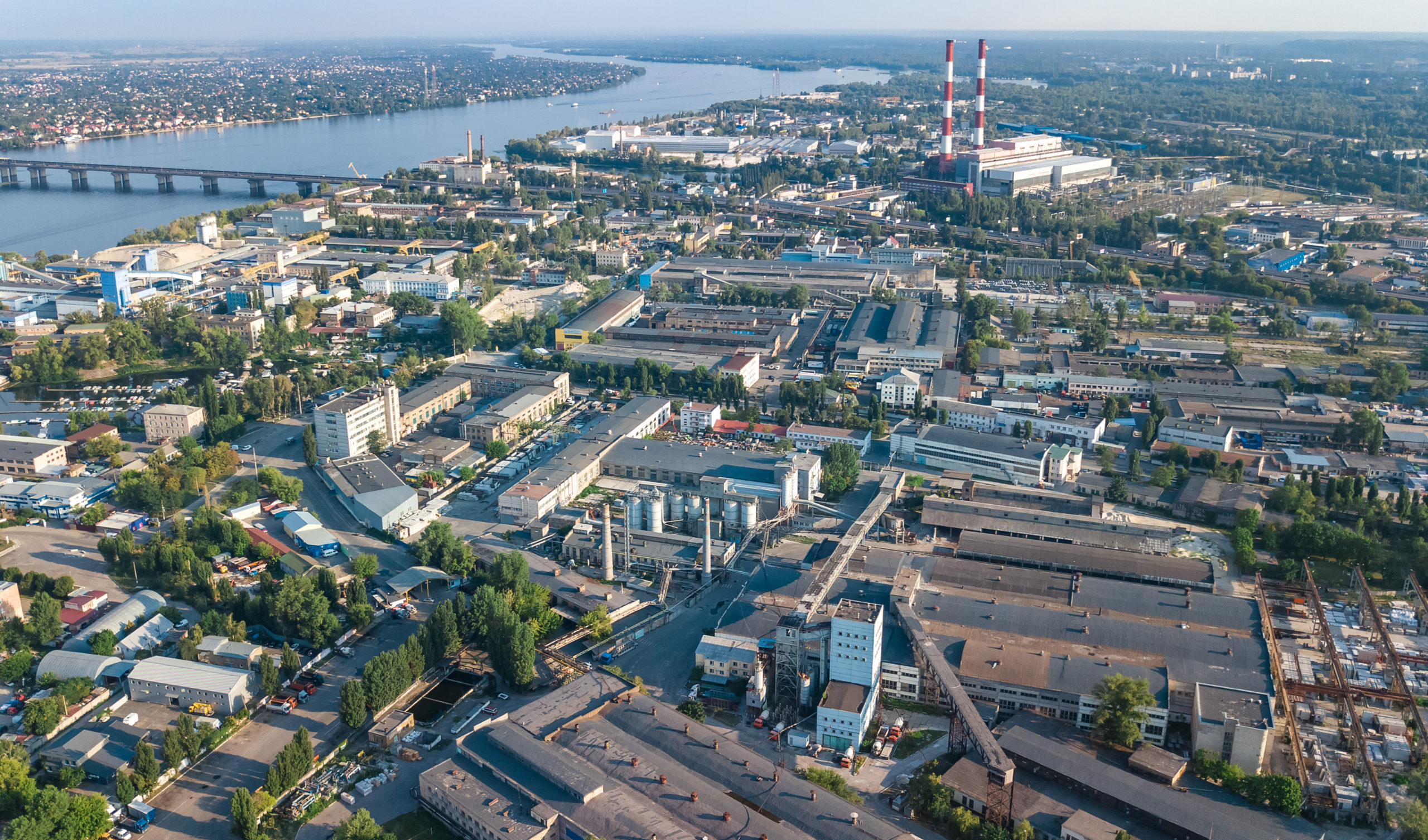May 1, 2020
 Norwalk is embarking on a study to review the city’s industrial zones, their current uses, and the city’s future needs. Since its beginnings, Norwalk has transformed from an important colonial seaport, to a major manufacturing center, and today is a city with both a diverse population and economy, from Fortune 500 companies, to high-tech manufacturing, and innovative start-up companies. By revisiting its industrial zoning, Norwalk hopes to use its remaining industrial parcels as key resources for creating job growth, and to further diversify its economy.
Norwalk is embarking on a study to review the city’s industrial zones, their current uses, and the city’s future needs. Since its beginnings, Norwalk has transformed from an important colonial seaport, to a major manufacturing center, and today is a city with both a diverse population and economy, from Fortune 500 companies, to high-tech manufacturing, and innovative start-up companies. By revisiting its industrial zoning, Norwalk hopes to use its remaining industrial parcels as key resources for creating job growth, and to further diversify its economy.
What is an Industrial Zone?
Industrial zones are important components of city planning. An industrial zone is an area of a municipality that is designated to be used for industrial uses. These zones can benefit a city by boosting economic development, providing employment and investment in the area, and generating city revenues.
For industrial zones to be beneficial, a city should have space for manufacturing that is suitable and affordable. This can be challenging in places where land values are high and there is significant demand for space for other uses such as residential or office buildings. Industrial zones also need to be located in areas that are accessible to transportation links, allowing employees to come and go and goods to be shipped. Having zones where manufacturing is clustered allows these businesses to operate freely without worrying about disturbing neighboring businesses or residents.
Some schools of thought argue that having a diversity of industry near one another promotes both more industrial economic growth as well as development of the city’s surrounding area. The theory is that diversity provides opportunities for technological inter-fertilization of industries as well as innovation and entrepreneurship.
Industrial Zones in Norwalk
According to Norwalk’s Zoning Regulations, the “primary purpose of industrial zones is to provide areas which permit manufacturing and related uses”. Heavy industrial uses are allowed by special permit. Examples of businesses in this area are any manufacturing that doesn’t involve noxious waste or overly loud noises. They can also include warehouses, package distribution facilities and places that sell or store building materials.
The city also recognizes that while there’s a need for manufacturing space it needs to ensure that industrial zones are compatible with nearby residential neighborhoods and with the capacity of available infrastructure. Therefore, city regulations state that any plans for building a structure more than 20,000 square feet or with more than 50 parking spaces must include special permits.
In keeping with the coexistence of residents and businesses, industrial zones in Norwalk can also include retail stores, offices, including medical offices, banks and financial institutions, other service establishments such as restaurants and taverns, as well as single- and two-family housing.
Examining Norwalk’s Industrial Zones
Norwalk’s study of its industrial zones will help it to make decisions about the city when planning for development. A goal of the study is to determine what Norwalk can do to foster industrial growth, including craft industries, and ensure that thriving businesses expand and/or remain in Norwalk. Among the key issues the study will look at is if all the areas that are zoned industrial currently are still appropriate for the neighborhoods. The study will also examine what other similar communities in the Northeast are doing to attract commercial and manufacturing companies, including new tech and green manufacturing. Conversely, the study will evaluate what might discourage industrial growth in Norwalk, including limitations or issues with regard to infrastructure (e.g. roadways, sanitation, energy, etc.).
For industrial development to thrive, governments and private developers need to create sustainable, profitable conditions. Designated industrial zones with the infrastructure (both physical as well as technical), convenient location, and municipal and residential support can deliver jobs and economic growth. Norwalk’s reassessment of its industrial zones is a step in that direction.




